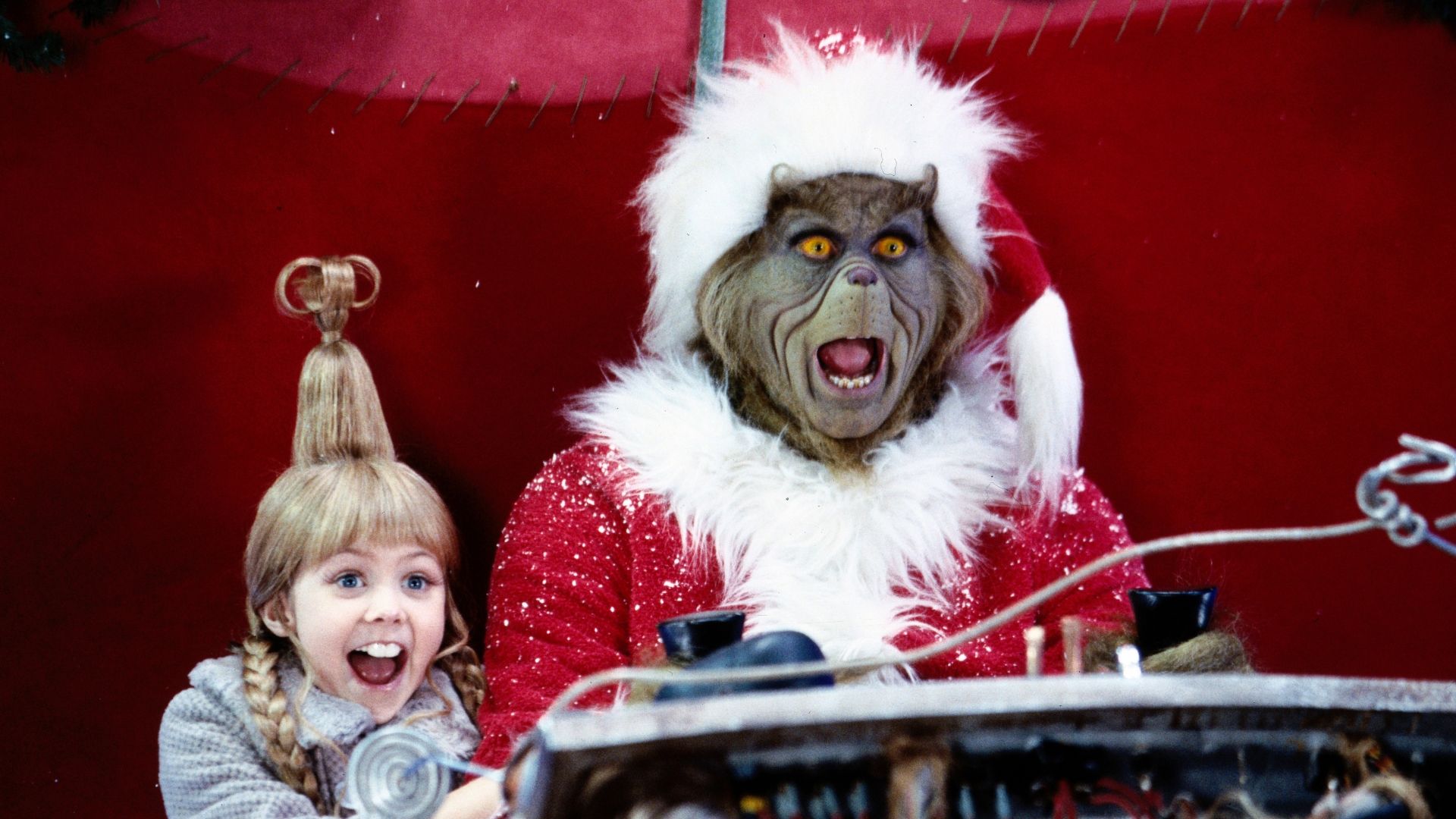
Every year during the holidays, the movie How the Grinch Stole Christmas reliably appears on televisions, right alongside the cookies and Christmas lights. The 2000 live-action version, directed by Ron Howard, was a huge success, earning over $345 million globally and becoming the most profitable holiday movie of its time. Jim Carrey’s energetic, expressive, and surprisingly charming performance as the Grinch, hidden beneath green makeup and prosthetics, quickly captivated audiences.
The film takes the simple story of How the Grinch Stole Christmas and turns it into a detailed backstory, exploring the world of Whoville, the Grinch’s difficult childhood, and even offering a commentary on how much we buy. While some find it a strange, brightly colored fantasy that fits in well with other holiday movies, revisiting it now, 25 years later, shows some flaws. The makeup and sets still look great, and Jim Carrey’s performance is still energetic, but certain aspects haven’t held up over time.
Looking back at this film, some of the creative decisions – the overall mood and how it tackled certain ideas – definitely feel different now. That doesn’t mean I don’t still enjoy it, but I think it’s worth watching again with a fresh perspective, really paying attention to what it was trying to say.
Here are 7 harsh realities of rewatching Jim Carrey’s How the Grinch Stole Christmas 25 years later.
The Musical Moments Are Hit or Miss

Universal Pictures
The movie How the Grinch Stole Christmas is full of music, from James Horner’s grand orchestral score to Faith Hill’s song, “Where Are You Christmas.” The music is used to try and make the emotions stronger, but it doesn’t always work. The Whos’ choir scenes feel unnecessary and don’t add much to the story, and while the Grinch’s wild organ playing is amusing, it’s mostly just loud noise.
The original songs, such as “Christmas, Why Can’t I Find You,” are pleasant but don’t really stick with you after the movie ends. While James Horner’s arrangements are rich and full, the score’s emotional tone sometimes feels out of place given the film’s comedic style. Re-watching the movie reveals how inconsistent the music feels. You’d hope a holiday film would have some truly memorable songs, but beyond Faith Hill’s popular single, the soundtrack hasn’t had a lasting impact. The music isn’t bad, it just doesn’t quite fit with the overall story in a way that makes it memorable.
The Grinch’s Redemption Arc Feels Emotionally Rushed
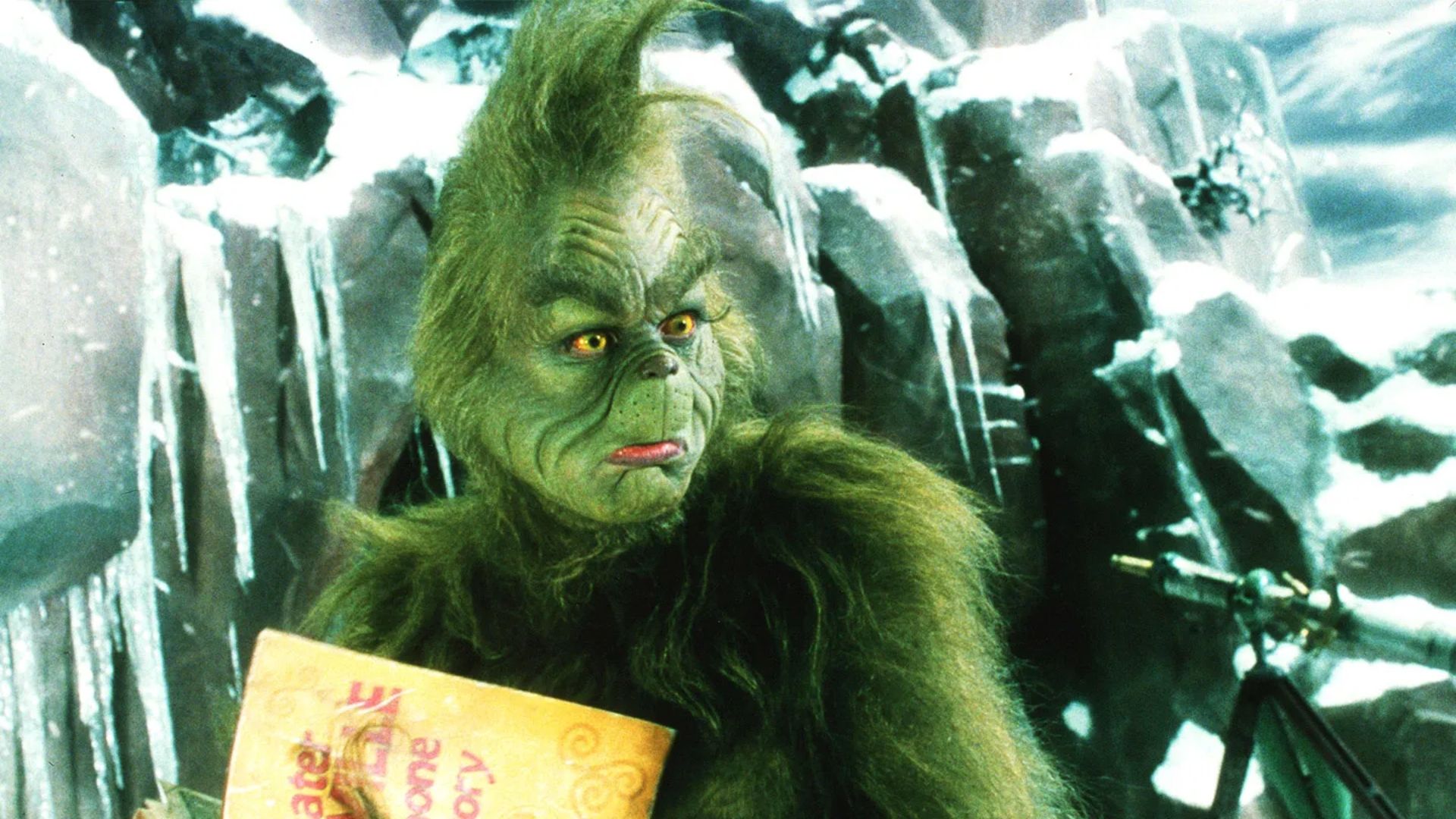
Universal Pictures
Despite its length and detailed plot, the movie doesn’t fully explore why the Grinch changes. After years of being alone, mistreated, and angry, his sudden kindness feels rushed – it’s sparked by just one act of compassion and a group song. While Cindy Lou Who’s empathy is sweet, the shift from the Grinch’s anger to happiness happens too quickly to feel genuine. He never really deals with his past hurt or the town’s unkindness; he simply gets carried away by a song and instantly becomes optimistic.
This is important because the film dedicates a significant amount of time showing the Grinch’s painful backstory. While his childhood experiences, feeling like an outsider, and choosing to live alone are played for laughs, they’re presented as the reasons behind his behavior. The ending feels unsatisfying because it doesn’t fully address this complexity, prioritizing a neat conclusion over a believable journey of change. Though the ending has symbolic meaning, it doesn’t feel earned for a character who’s been dealing with so much emotional baggage.
The Pop Culture References Are Dated
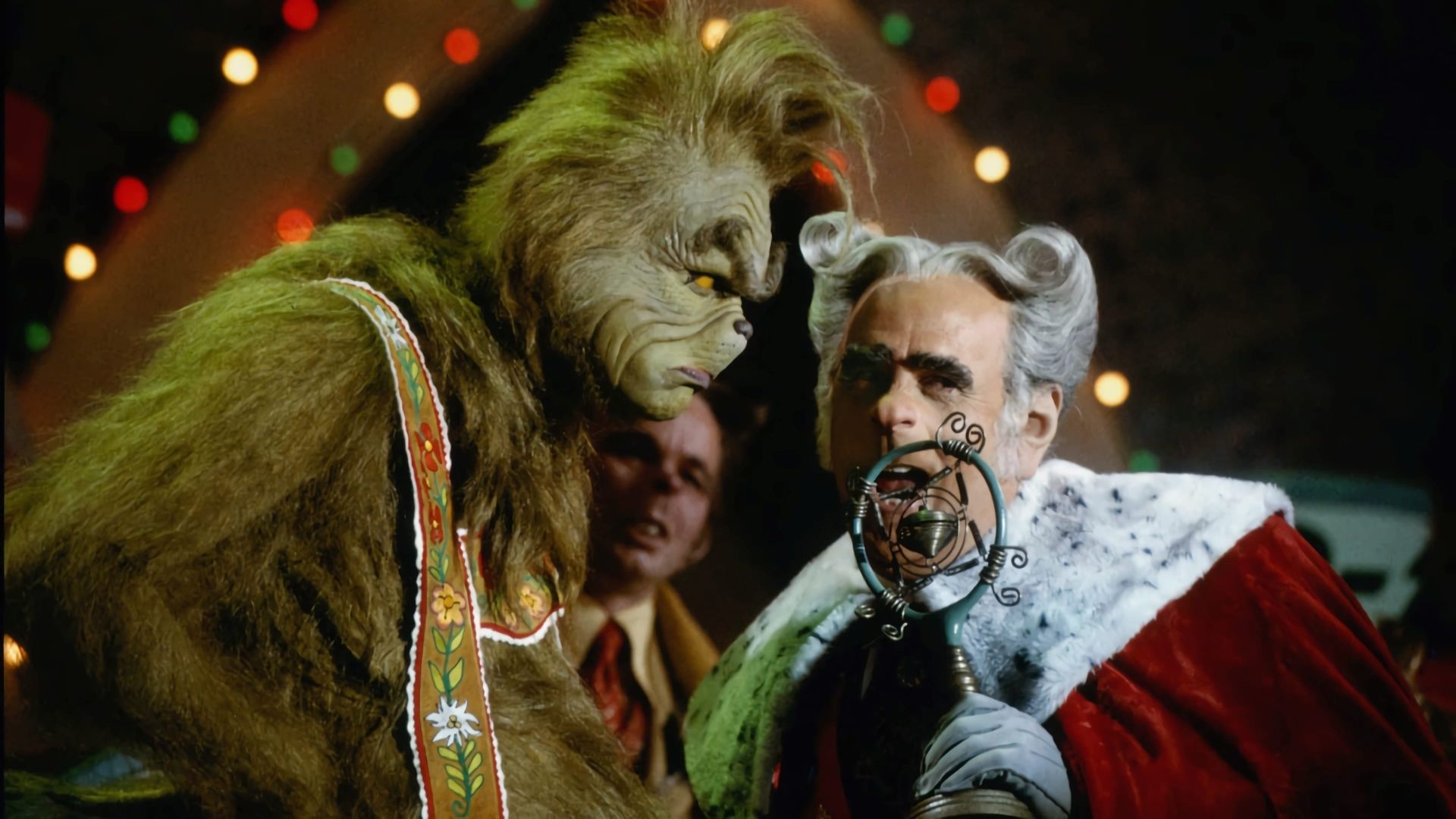
Universal Pictures
Jim Carrey’s portrayal of the Grinch relied heavily on his spontaneous improvisation, and the film allowed him a lot of freedom to add his own touches. Back when the movie came out, his impressions and moments of directly addressing the audience were a big part of its charm. Things like his impression of Robert De Niro’s line from Taxi Driver, his Sean Connery imitation, and even playfully teasing the director, Ron Howard, were meant to be funny and show the film wasn’t taking itself too seriously. However, today those moments can feel out of place within the story of Whoville. The humor is very much tied to the early 2000s, and newer or younger viewers might not understand or appreciate all the references.
The problem is that some of the jokes disrupt the movie’s immersive, fantastical world. The film creates a unique, Dr. Seuss-like atmosphere, but then undermines it with humor that feels out of place and belongs in a different type of movie. While Jim Carrey is energetic and engaging, the script’s reliance on current references makes the film feel less timeless. These references feel dated, clash with the overall tone, and don’t enhance the story. Revisiting How the Grinch Stole Christmas highlights how quickly jokes tied to popular culture can become stale, even in a beloved holiday film.
Consumerism Is the Real Villain of the Story
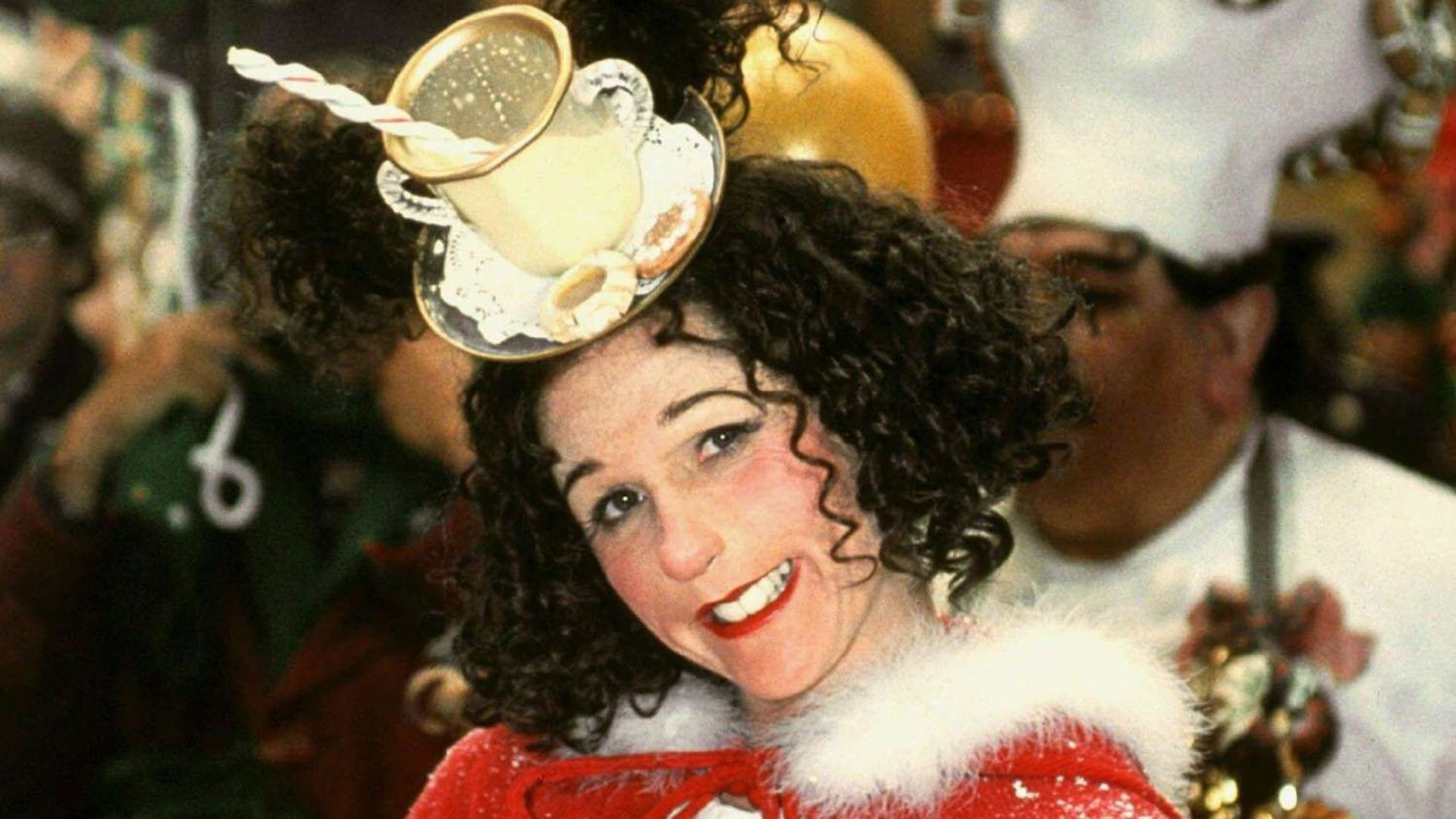
Universal Pictures
As soon as you’re introduced to Whoville, it’s obvious the town is completely consumed by the holidays – it’s not just decoration, it’s what the whole place runs on. The Whos are constantly trying to outdo each other with lights and gifts, and they treat Christmas like it’s their job! Honestly, the Grinch’s problem isn’t really with Christmas itself, but with a town that thinks happiness comes from stuff. Even the mayor, Augustus Maywho, uses presents to try and impress Martha May – he literally offers her a car! It’s all a bit much, and it really highlights how caught up they are in materialism.
The movie presents a world where the spirit of Christmas has been lost in commercialism. Many viewers don’t realize the Grinch has a valid point – the film actually offers a powerful critique of excessive holiday spending. However, the happy ending with a big celebration often overshadows this message. The citizens of Whoville don’t truly change; they simply shift their focus. This makes you realize the Grinch isn’t the real problem, but rather the materialistic culture that drove him to isolation.
The Movie Became What It Critiqued: A Holiday Product
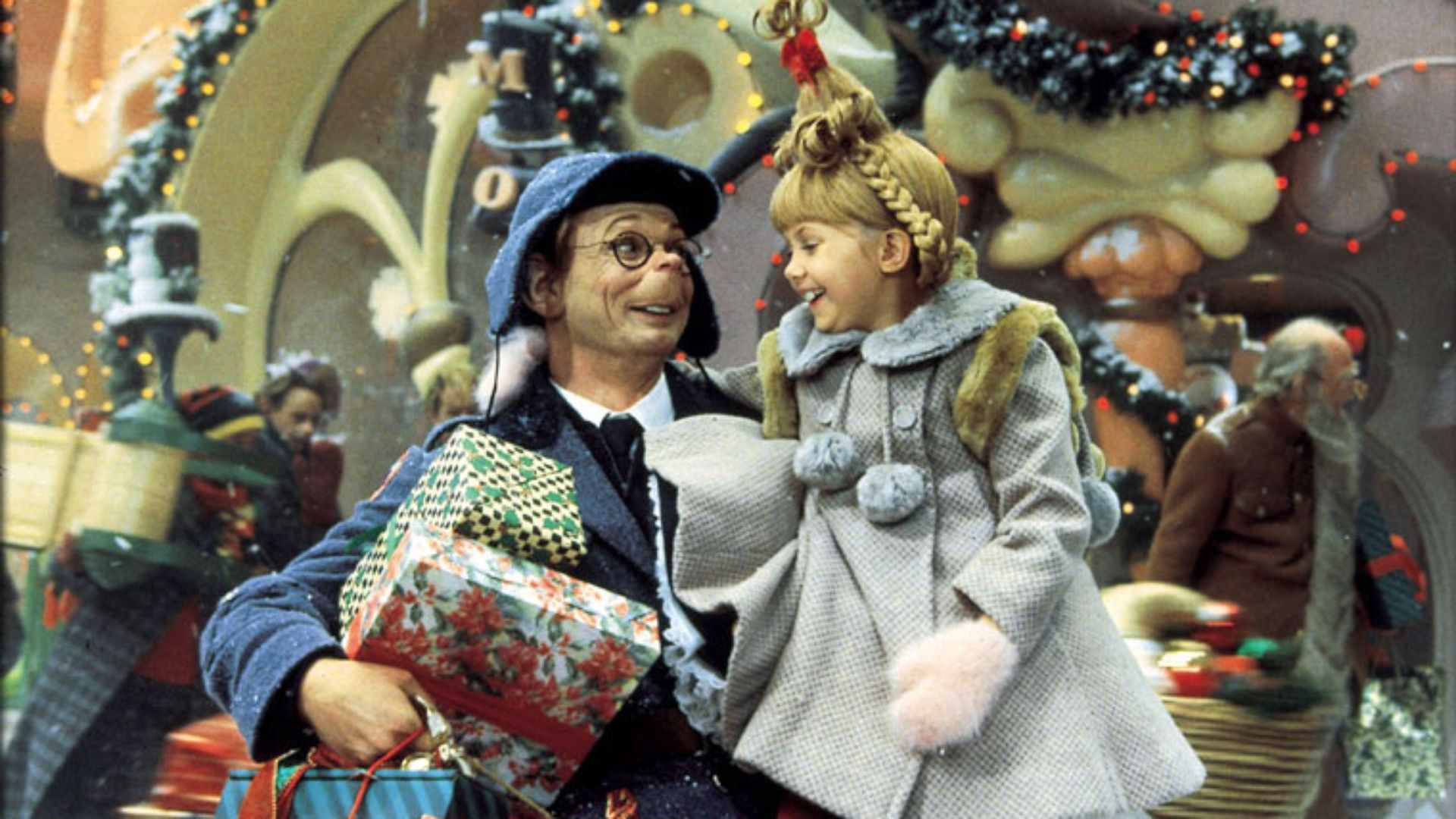
Universal Pictures
It’s funny – the movie meant to poke fun at the commercial side of Christmas actually became a huge seller of holiday merchandise itself! Universal Studios fully embraced the opportunity, releasing everything from stuffed animals and ornaments to Grinch-themed candy and even a slot machine. They launched a massive marketing campaign, perfectly timing the movie’s release to coincide with the holiday shopping season. The film earned over $345 million globally and stayed at number one in theaters for four weeks straight in 2000. Essentially, while the movie’s theme was against excessive consumerism, its release was a masterclass in selling products.
Despite being amusing and insightful, the irony of How the Grinch Stole Christmas is often overlooked. Most people fondly remember it as a charming holiday tradition. However, its success is closely tied to the commercialism it criticizes. The movie actually helped prove that Christmas films could be incredibly profitable, which is typical of how Hollywood operates. While the Grinch’s story is about moving beyond materialism, the film itself became a major holiday product.
The Grinch’s Trauma Is Played for Laughs

Universal Pictures
One of the most insightful parts of the movie is the flashback showing the Grinch as a child. We see how he was teased for how he looked, left as a baby, and embarrassed in school. It’s a surprisingly sad backstory that suggests deep emotional scars that would affect him as an adult and how he treats others. However, the movie turns these difficult moments into jokes. His awkward experience with shaving is played for laughs, and the bullying he endures feels silly instead of genuinely hurtful. Even his loneliness is presented as a charming quirk, when it could be seen as a natural reaction to past trauma.
The movie focuses heavily on giving the Grinch a sympathetic backstory and explaining his motivations, but then undermines this emotional depth with silly, physical humor. While we typically remember the Grinch as a grumpy character who finds kindness, this version makes us forget why he was grumpy in the first place. By not fully addressing his past pain, the movie misses an opportunity to show genuine growth and healing. It’s fine that it’s a lighthearted holiday film, but treating serious emotional issues as jokes weakens the impact of his eventual change of heart.
The Movie’s Legacy Is More Commercial Than Cultural
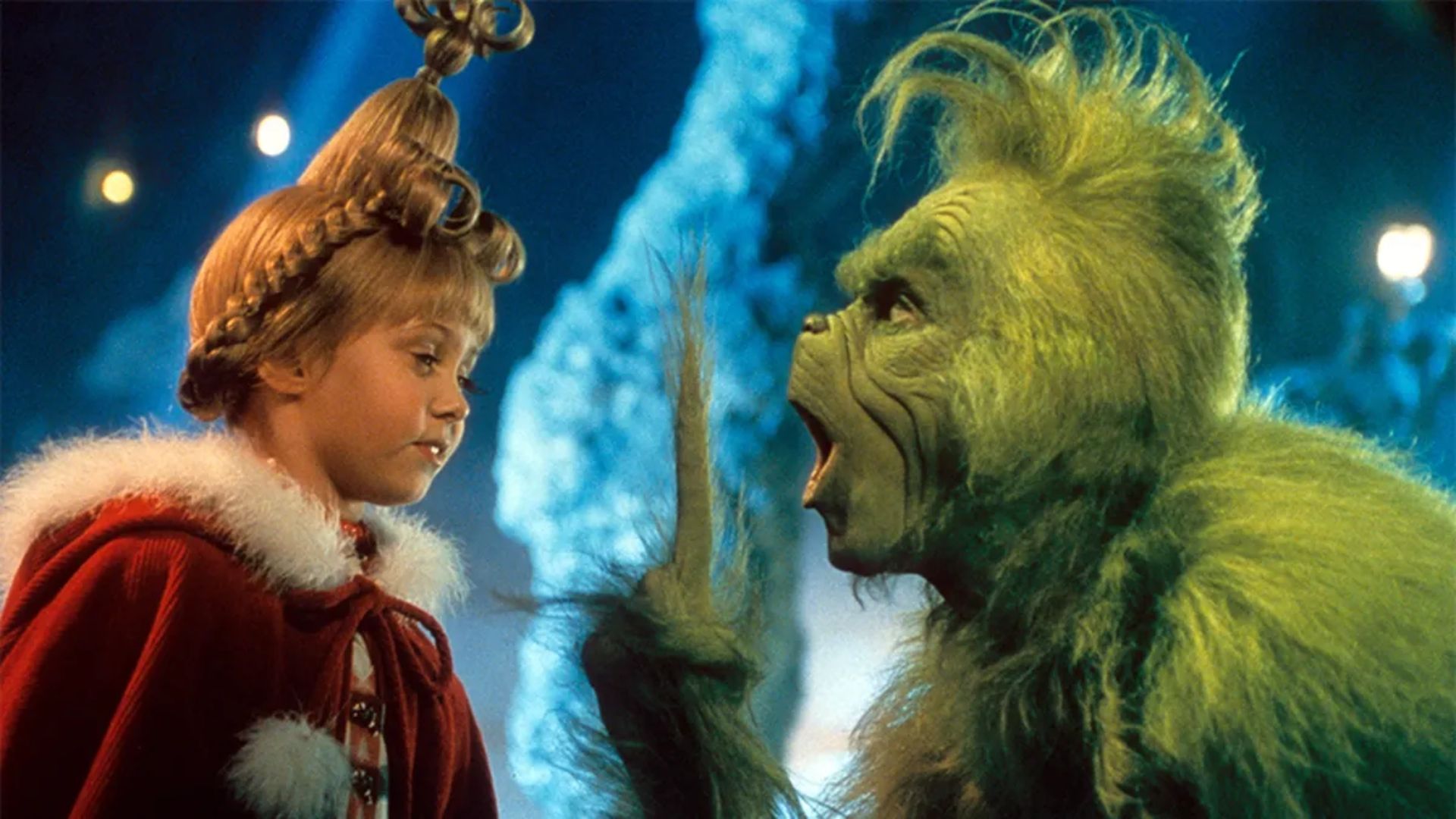
Imagine Entertainment
Even after 25 years, How the Grinch Stole Christmas is still a holiday staple, but now it’s more of a brand than a movie people truly connect with. You see the Grinch’s face on everything from pajamas and mugs to lawn decorations and online memes. The film itself is always playing in the background during the holidays, while people are busy with gift-wrapping and baking. While it’s a seasonal tradition, people don’t really watch it for the story or its message. Unlike films like Elf or Home Alone, which have become cultural touchstones, How the Grinch Stole Christmas feels more like a character used for marketing than a cherished story.
The movie is definitely popular and many people love it. However, its lasting appeal seems to be more about how well it sells – things like memorable Jim Carrey quotes and Grinch merchandise. People don’t really discuss the movie’s deeper meaning or its impact. It’s become famous for being bright, flashy, and profitable. When you watch it now, it’s clear that its place in pop culture is more about marketing and sales than genuine artistic value.
Read More
- Если 2026 год принесет альтсезон, станут ли ETH, BNB, XRP, SOL и DOGE лидерами по эффективности?
- Watson Puts Himself On The Line For A Patient In Exclusive Clip, And It Fits With Morris Chestnut’s Comments About Doing ‘Two Shows In One’
- Sydney Sweeney Leads Trailer for New R-Rated Thriller That Could End Her Box Office Nightmare
- Disney Plus Celebrates Zootopia 2 Special Look Debut With New Trailer
- XRP: Заранее установленная цена, от которой у вас волосы встанут дыбом! 🚀💸
- Готов ли XRP к следующему большому обвалу? Спойлер: ситуация не выглядит обнадеживающе!
- Прогноз криптовалюты SKY: прогнозы цены SKY
- Black Phone 2 Ending & Grabber’s Fate Explained
- ЧЗПСН акции прогноз. Цена акций PRFN
- КАМАЗ акции прогноз. Цена акций KMAZ
2025-11-16 20:09